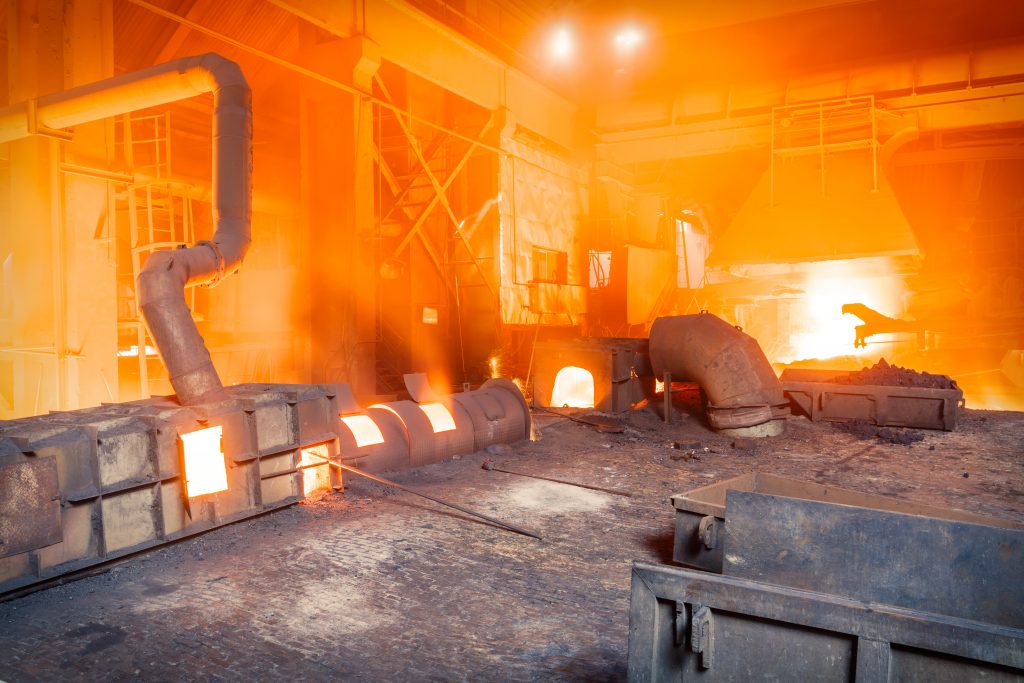
* Spot iron ore drops 12.3 pct, sharpest fall since 2014
* Chinese steel sector in bear market
* Mills incur losses for first time in three years
MANILA – Iron ore futures in China fell more than 5 percent on Tuesday to their lowest in four-and-a-half months, extending losses into a third session on expectations that slower demand will keep steel prices under pressure.
China’s steel sector slid into a bear market on Monday, with the benchmark rebar contract down more than 20 percent from this year’s peak, fuelling a selloff in raw materials iron ore and coking coal.
This is due to steel participants hedging their forward production profit-margin as they expect less strict sintering cuts into the first quarter of 2019
The most-traded January iron ore on the Dalian Commodity Exchange dropped as much as 5.1 percent to its weakest since July 11 at 459 yuan ($66) a tonne. It closed down 3.7 percent at 465.50 yuan.
The January contract slumped by its downside limit of 5.9 percent on Monday, fuelling a slide in physical iron ore prices.
Spot iron ore for delivery to China tumbled 12.3 percent to $63.90 a tonne on Monday, the lowest since July 18 and marking the steepest fall since May 2014, according to data from SteelHome consultancy.
Tivlon Technologies, a Singapore-based steel and iron ore data analytics company, is seeing selling pressure on iron ore from participants in China’s physical steel market.
“This is due to steel participants hedging their forward production profit-margin as they expect less strict sintering cuts into the first quarter of 2019 which will increase steel production,” said Darren Toh, steel and iron ore data scientist at Tivlon.
“Hence the expectation over the next few months will be more steel production but in a period where steel demand is low due to the cold temperature.”
As steel prices slid, Chinese mills ran up losses for the first time in three years this month, ending years of solid profit margins.
China has allowed northern cities and provinces to set their own production curbs aimed at tackling smog during winter, instead of repeating last winter’s blanket restrictions.
Analysts say that would allow mills to produce more even during the seasonally weak winter period when most construction projects are halted.
The most active January rebar on the Shanghai Futures Exchange eased 0.2 percent to settle at 3,579 yuan a tonne. The contract touched 3,496 yuan on Monday, its lowest since June 26 and 21 percent below a seven-year peak reached in August.
Coke dropped 2.7 percent to 2,080 yuan a tonne, while coking coal gained 0.1 percent to 1,306.50 yuan.
($1 = 6.9499 Chinese yuan)
(By Manolo Serapio Jr; Editing by Joseph Radford and Subhranshu Sahu)